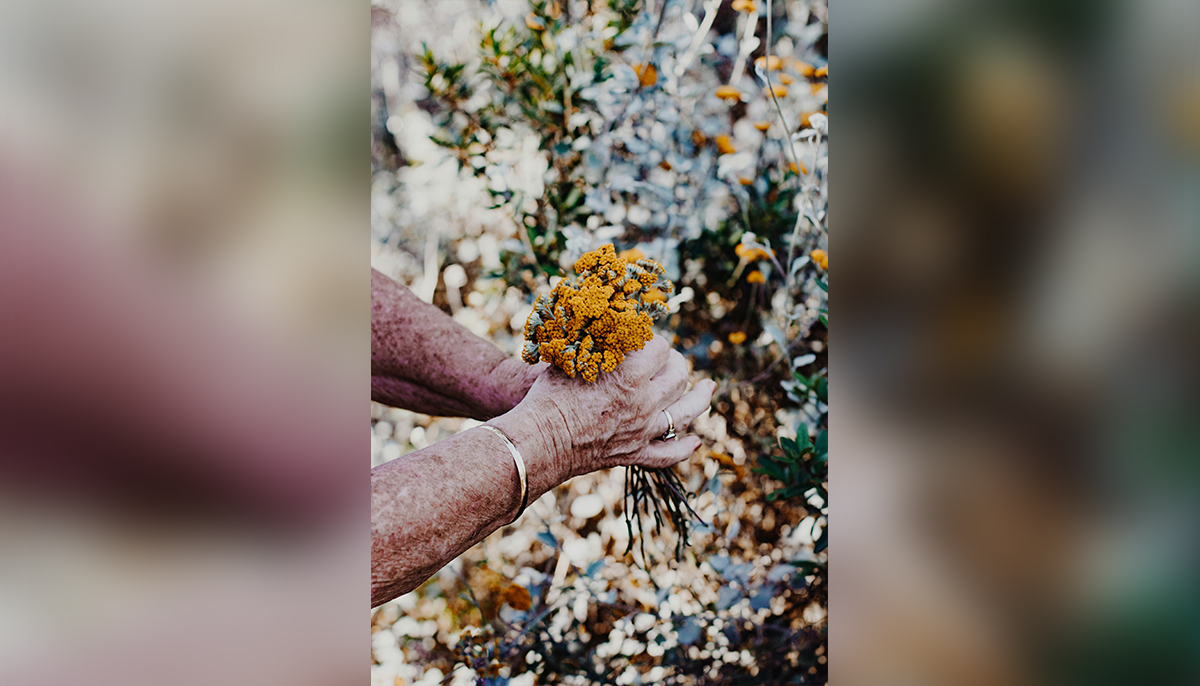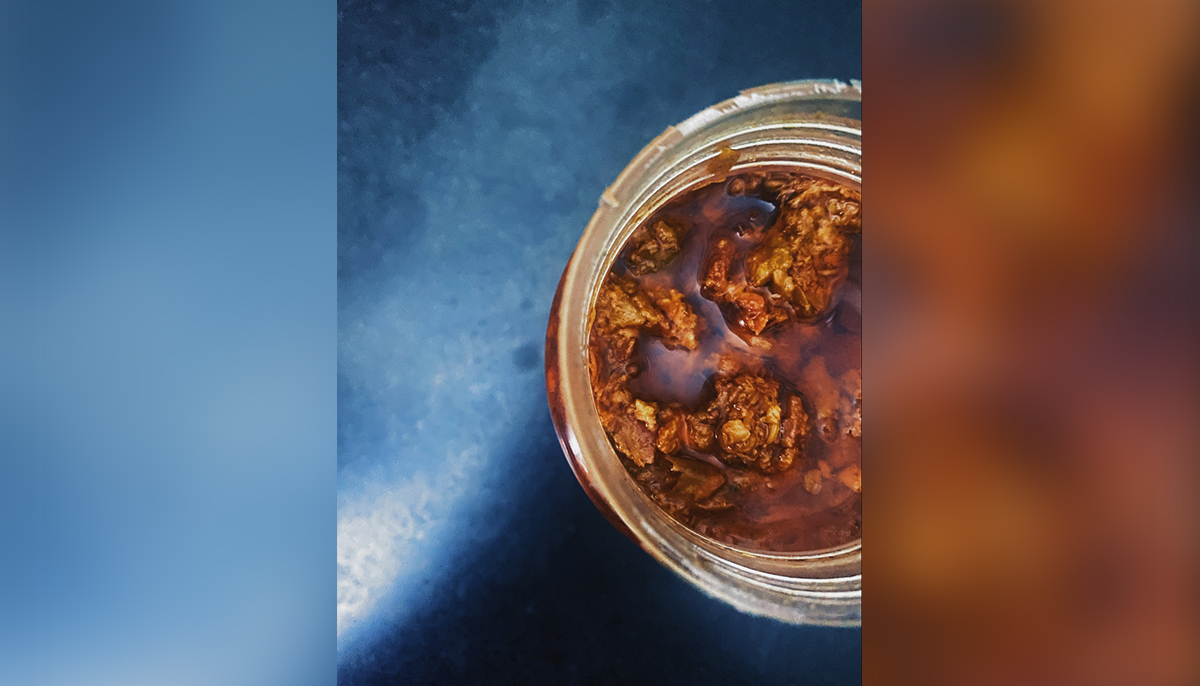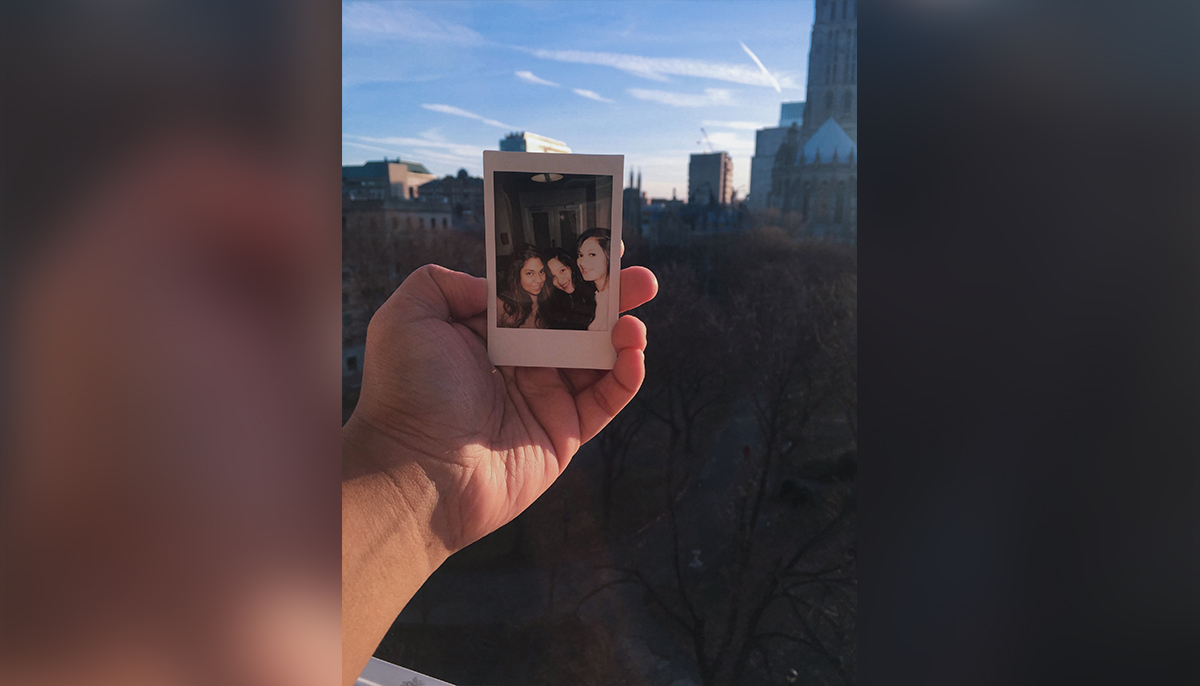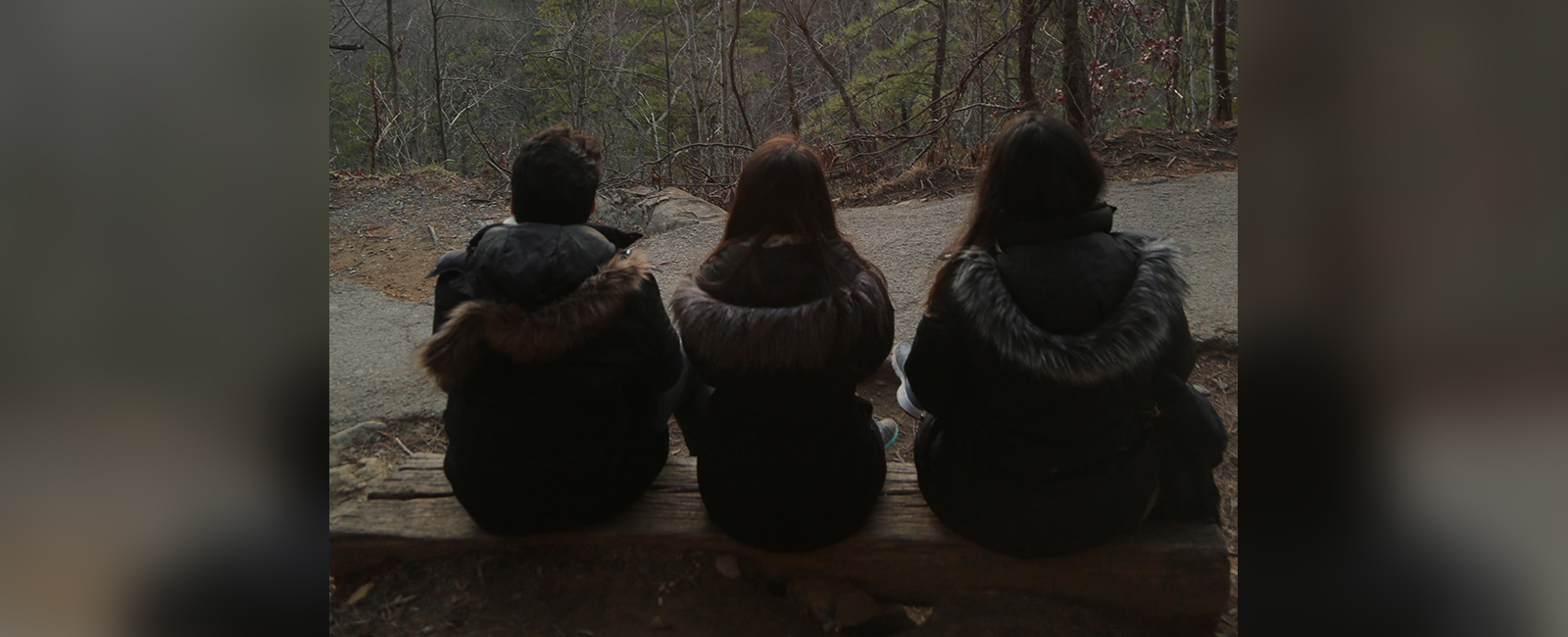Meray humraaz: The guardians of my solitude
Condition of loneliness itself is far too nuanced to be treated with simplicity, but it helps if you have people — near, far and yours

“Peecho meri humraaz thee; phir woh Rohtak mein reh gayee jab hum Pakistan aagayey (Peecho was my confidante; then she was left behind in Rohtak when we migrated to Pakistan),” my naani amma (maternal grandma) told me about her friend from before the partition. In my reimagining, for most remembering is that — half myth-half truth, she is slowly retelling it in melancholy, sometimes with giggles, as if some partially remembered memory had returned to the surface from an ignored moss-covered well.
What did the name Peecho mean, and what was her real name? In this, something surely was left within the unsaid, it always is, that is where most stories take space and slowly slip to sit beside us, in memory and our insomnias.
Humraaz, a companion who is your confidant, what secrets did she hold? My naani amma was not one to live in yearning and longing like me. And she remembered and recounted with measure. She lived in precision and avoided abstractions, and when she did indulge in them, perhaps in defiance, while sitting with her silver pandan (a box in which betel leaf and apparatus are kept), tambaacoo (tobacco), and chhaaliya (betel nut), these anecdotes arrived in rhymes and tales.

It isn’t that the shared stories of the past mattered less to her, but perhaps remembering made her lonely, and I have come to understand that now more than before. Over the years I have watched friendships fracture or disappear behind cruel borders of all forms — death, geography, politics, silence and time. Heartbreaks are seldom loud and announced, they walk beside you silently for a time and sit beside you long before your body understands where it has arrived.
I remember my naani amma’s delicate small hands the most now, especially the hands which diced hard green mangoes on some humid mornings before sunrise and covered them with salt, patiently and gently, tending to the flesh and leaving them outside in the sun to dry to make achaar (pickle) of them.
I miss the achaar she would make with us when she visited, it was our activity, the other worlds and rules suspended in these hours. The hands that would hold my head gently before kissing me on the forehead, the hands that held me close to her before letting me play in the rain, the hands that helped me hide my gleeful celebration of monsoon before anyone found out. The hands that prayed duas and made paans. The hands I never kissed the year she died.

I was a quiet but unruly child, so I would sit beside her after school with my notebooks, listening to her sing rhymes about her haveli they had to abandon in Haryana when they moved to Lahore, and its dark tehkhaana (cellar) guarded by a fantastical snake-like beast made of clay. We would listen to Nusrat Fateh Ali Khan sahab and I would wonder why she loved playing him on repeat, like I do now. She was my humraaz, her body holding a fort behind which I hid — from mama’s rage, or after school from hurtful classmates who would push me around till I would stammer.
And since she was my humraaz, so in a way, Peecho, my naani’s humraaz and I were connected too. What secrets did Peecho protect? Perhaps it is safety which was the secret held as a space where vulnerable hearts and souls can be themselves. In my imagination, Peecho became larger than a memory. Peecho was fiery, Peecho was loyal, she would fight bullies, she would rescue animals, Peecho could entrance entire villages with her enchanting stories. One could cry in front of her and she wouldn’t laugh. I imagined it all, for I longed for it in my life. She remained a steady visitor of the mind. She was an imagining of what the opposite of loneliness is, a secret keeper, separated by hastily drawn borders of the land, a long-distance friend.
I was away for university abroad when I lost my humraaz, my naani amma to another border — to the other side of life, to barzakh (purgatory). I want to remember it as something I had anticipated, but do we ever, before any separation? And with her died the possibility and even the curiosity of finding more about Peecho. Now Peecho was just an inhabitant left behind, and it was lonely to remember her and all that came with her.
***
I had just submitted a paper for a graduate class the morning we heard about the Army Public School (APS) attack in Peshawar. I was still in a daze not having slept. I was surrounded by other students in the dining hall talking about their planned winter trips to Argentina and Peru, and it was here that I realised I was alone. I wanted to talk in Urdu or any language closest to it, the grief I was feeling was too vast, and it was consuming every other thing around me. It wasn’t just a terrorist attack, it held something darker in its roots. It reminded me of the days when we would escape suicide bombings merely by minutes and spend several hours messaging and checking up on everyone. It was a loneliness of its own variant, and those who were beside you then only knew how you held your breath till your loved one answered the phone.
It was on this day that I first met Simrit outside the 6th-floor patio after a South Asian event. Someone beside her mentioned how they had noticed on Instagram that the evening sky in Delhi was pink that day. I remembered a similar photo from Lahore seen earlier. We were miles and continents away from Lahore and Delhi, and yet here in New York, a group of us exchanged photos, we laughed, some spoke about APS, others sat around in silence and listened. I felt like my grief was being distributed, and lessened as I spoke more.

It was in New York that I tried to end my life, I had lost all sense of purpose. And Simrit visited me with food and clothes in the ward for those days. She would sit beside me, but we couldn’t hug, touching was not allowed in a hospital. I longed to be held while I cried. When I didn’t know how to pray, it was she who told me about a surah her Pakistani roommate used to recite when she felt helpless. She promised me that she would take me to Nizamuddin Auliya’s Dargah and to Harmandir Sahib in Amritsar with her family when I would someday visit her.
I once sat beside her on the campus courtyard and I offered namaz after years, my soul was fractured, and I wanted to find some light, any connection. And as I prayed, I broke down, and she sat in silence beside me, in that sharp and crisp wind, nothing seemed like home. She was my truest humraaz. She held me together, as if from crumbling apart when someone didn’t love me back and spoke cruelly about me. “Am I that unlovable and repulsive, Sim?” My deepest wounds and fears have healed only by my female friendships, wound after wound, in every failure.
The border that separated us wasn’t just militarised, or the politics of our countries and visas, it was also time. The cruellest distance is time. Over the years, a pandemic and illnesses came, and friendship gradually came down to a few messages and calls on birthdays, or after heartbreaks. Life and time meshed up together, we kept planning, every and any city where we could meet. As time extended it felt like we were both stranded in layovers, waiting and waiting, the planes never arrived, and we’re still waiting. I wonder though that if we were to meet now, my humraaz would you recognise me, and would I know you? But this wondering makes me think how lonely it feels to remember.
Marina Keegan wrote: “The opposite of loneliness is not love or community, it is the feeling that there are people, an abundance of people, who are in this together.” Allow me to extend that a bit more perhaps. Allow me to challenge it as well. This togetherness can have all shades and tones. Studies have shown us time and again that far-right movements are known to tap into the loneliness, fear and anger of the lost youth in society. These are never in isolation, for fascist and extremist tendencies are the consequences of fear and loneliness. So if an abundance of people finds a community rooted in shared hatred and fear, is that the opposite of loneliness? In my last week before I left New York, I was violently told to go home by a couple of white men in the middle of a campus neighbourhood when Trump was elected. Simrit had already left for India by then.
In all my years I’ve had friends walk away, but I’ve also found those who stayed, who stayed with their hearts despite distance and visas. I believe, perhaps then, that the opposite of loneliness is being seen, heard and held, it is the act of being someone’s secret keeper and a safe space. And I understand with all honesty that the condition of loneliness itself is far too nuanced to be treated with such simplicity, but it helps if you have people — near, far and yours.
“Peecho ko aam ka achaar bohat pasand tha (Peecho loved pickled mangoes very much),” she would tell me one summer when my sister and I were collecting the sun-dried pieces to be taken inside before our parents could see it. “Aik din June ka qissa hai, hum gaaney ga rahey thay, humein pata bhee nahi chala aur aik bandariya humarey aam ley kar bhaag gayee. Peecho aur mein khoob hansay. Phir baarish honay lag gayee jo aglay puray haftay chali, Peecho aur mein mil he nahi sakey pura hafta,” she said pensively as she poured oil inside the jars with the masala and shook all of the ingredients together. And I watched her as she sat quietly preparing the achaar. My humraaz.
The author is a Lahore-based writer and development economist. She is working on her first novel as a fellow at the South Asia Speaks. She posts on Instagram @portraitsoflonging




